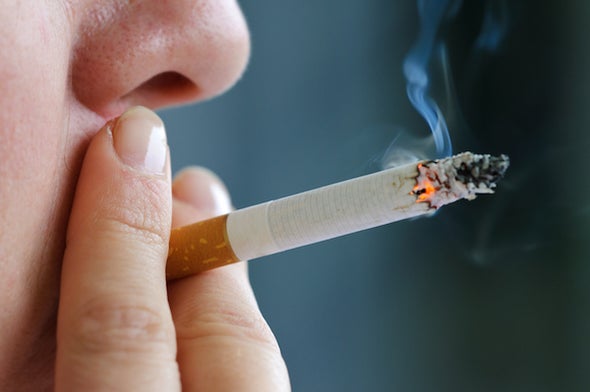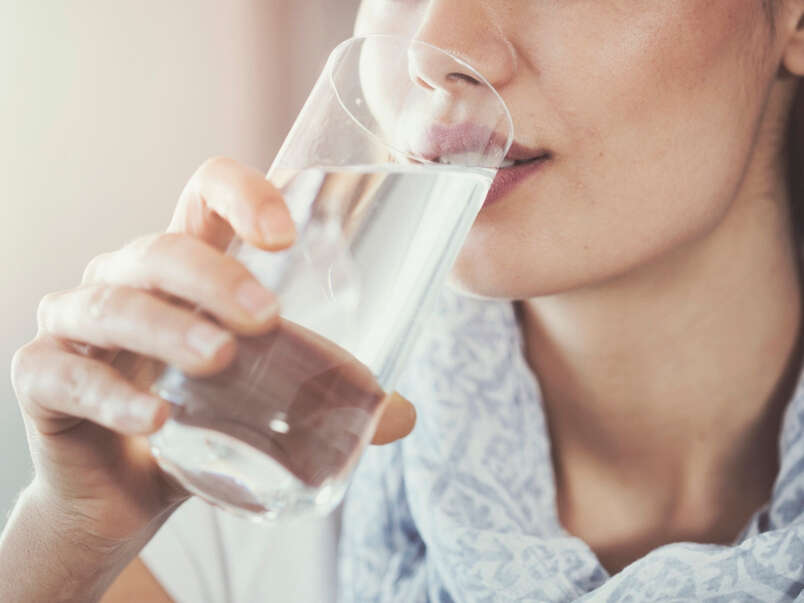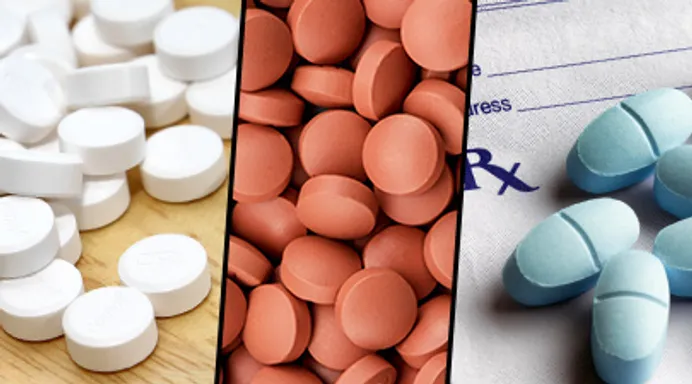It's not too late to unlearn these damaging behaviors. Here a list of
ten common habits that you might not realize are putting pressure on your
kidneys
It's hard to notice when we do our kidneys harm. Even if 80% damaged,
kidneys can still do their job, and so we rarely realize they're struggling.
Often, even common daily habits can cause your kidneys continual damage, and
when you finally discover something's wrong, it's too late.
Our kidneys are incredible organs that work very hard. By themselves,
they absorb minerals and nutrients, produce hormones, act as a filter for
toxins in our blood, produce our urine and maintain a normal acid to alkaline
ratio. We cannot live without our kidneys functioning properly. The Chinese,
for example, have looked at the kidneys as a site of essential life force for
centuries.
If you're serious
about looking after yourself, then taking care of your kidneys should be one of
your primary concerns. If you want to make sure your kidneys thrive and
continue to serve you in the coming years ahead, here's a helpful list of
habits you should definitely avoid:
1. Drinking Soda
A study conducted
on employees working at Osaka University in Japan found that drinking 2 or more
soda drinks a day (either diet or regular) may well be connected to a higher
risk of kidney disease. The study included 12,000 people, and those who drank larger
quantities of soda were found to have protein in their urine, which is one of
the first signs of kidney damage. However, early detection can reverse the
disease with proper treatment.
2. A
Deficiency in Vitamin B6
The healthy
function of our kidneys also depends on a healthy diet, especially one that
contains certain nutrients. According to a study carried out at the University
of Maryland, a vitamin B6 deficiency increases the risk of the formation of
kidney stones. For healthy kidney function, a person should have at least 1.3
milligrams of vitamin B6 in their food every day. The best sources for this
vitamin are fish, beef liver, potatoes, starchy vegetables, chickpeas and
non-citrus fruits.
3. Lack of
Exercise
Another good way of
protecting your kidneys is to get some exercise. A comprehensive study
published in 2013 in the Journal of the American Society of
Nephrology found that postmenopausal women who exercised had
a striking 31% less risk of developing kidney stones.
4. Smoking

Perhaps not
surprisingly, smoking has been linked to atherosclerosis - the narrowing and
hardening of blood vessels - which influences the blood supply going to all the
major organs, including the kidneys. According to a study published in Clinical
Pharmacology and Therapeutics, just smoking 2 cigarettes a day is enough to
double the number of endothelial cells (the cells that line our blood vessel
walls) present in your bloodstream. This is a sign of arterial damage.
5. Magnesium
Deficiency
Magnesium helps our
body to slow down the absorption of calcium. If we don't get enough
magnesium, we get overloaded in calcium and, once again, develop kidney stones.
To prevent this from happening, add some leafy vegetables, seeds, nuts or beans
to your diet. Another good source of magnesium is fresh avocados.
6. Not Drinking Enough Water

One of the most
important things for our kidneys is for them to get hydrated enough to perform
their functions. If we don't get enough water in our system, toxins start
accumulating in our blood because there isn't enough fluid to take them through
the kidneys. The National Kidney Foundation recommends drinking at least 8
glasses of water every day. An easy way to check if you're drinking enough is to
make sure your urine is a light color or clear. If it's dark, you're not
drinking enough. You can check the color of your urine with this helpful
guide
7. Not Emptying
Your Bladder Fast Enough
When you hear the call to pee, you should listen to it. Obviously, we're not always in the right situation to pee right when the need arises, but if you 'hold it in' on a regular basis, it will increase the pressure of urine on your kidneys, which can lead to renal failure or incontinence.
8. Disrupted Sleep
I just love a good
night's sleep and, as it turns out, so do my kidneys. According to Science
Daily, a chronic disruption in our sleep can cause kidney disease. Dr.
Michael Sole, Cardiologist and Professor of Medicine and Physiology at the
University of Toronto, says kidney tissues get renewed during the night while
we're sleeping, so when we can't sleep without constant interruptions,
our kidneys suffer direct damage.
9. Having Too Much
Sodium in Our Diet
Salt is an
important nutrient, but it can cause a disaster when taken in excessive
amounts. Over-consumption of sodium will raise your blood pressure and put a
lot of strain on your kidneys. We recommend limiting yourselves to no more than
5.8 grams (0.2 ounces) of salt per day. So put down that salt shaker!
10. Consuming Too
Much Caffeine
We usually drink
more caffeine than we think we do. It's in coffee, tea, soft drinks and sodas -
before you know it, your body is full of caffeine, which causes your blood
pressure to shoot through the roof, and your kidneys to suffer damage.
11. Consuming Too Much Protein
According to a study conducted at Harvard University, an overdose of
protein in our diet can cause our kidneys damage. When we digest protein, our
body produces a byproduct - ammonia. Ammonia is a toxin that your
already hardworking kidneys need to neutralize. This means that the more
protein we consume, the harder we make our kidneys work, which can eventually
lead to kidney failure.
12. Abusing
Pain-Killers


Many of us have a
daily routine of taking medications. When we suffer from pain, our first
reaction is usually to swallow a pill. They do help the pain, but you should
think twice before taking too many. All pharmaceutical drugs have side effects,
and many of them cause kidney or liver damage. Check out some natural
painkillers you can find or make at home. That said, some drugs SHOULD be
taken, which brings us to my next point...
13. Eating Too Much Meat
Animal protein generates high amounts of acid in the blood that can be
harmful to the kidneys and cause acidosis – a condition in which kidneys cannot
eliminate acid fast enough. Protein is needed for growth, upkeep and repair of
all parts of the body but your diet should be well balanced with fruits and
vegetables.
14.Eating Too Many Foods High in Sugar
Sugar contributes to obesity which increases your risk of developing
high blood pressure and diabetes, two of the leading causes of kidney disease.
In addition to desserts, sugar is often added to foods and drinks that you may
not consider “sweet.” Avoid condiments, breakfast cereals, and white bread
which are all sneaky sources of processed sugar. Pay attention to the
ingredients when buying packaged goods to avoid added sugar in your diet.
15.Sitting
Still
Sitting for long periods of time has now been linked to the development
of kidney disease. Although researchers don’t know yet why or how sedentary
time or physical activity directly impact kidney health, it is known that
greater physical activity is associated with improved blood pressure and
glucose metabolism, both important factors in kidney health.
This
article is intended to help prevent kidney disease. If you've been told to
limit your potassium or phosphorus or are on dialysis, discuss your personal
dietary needs with your dietitian or nephrologist.

























No comments:
Post a Comment